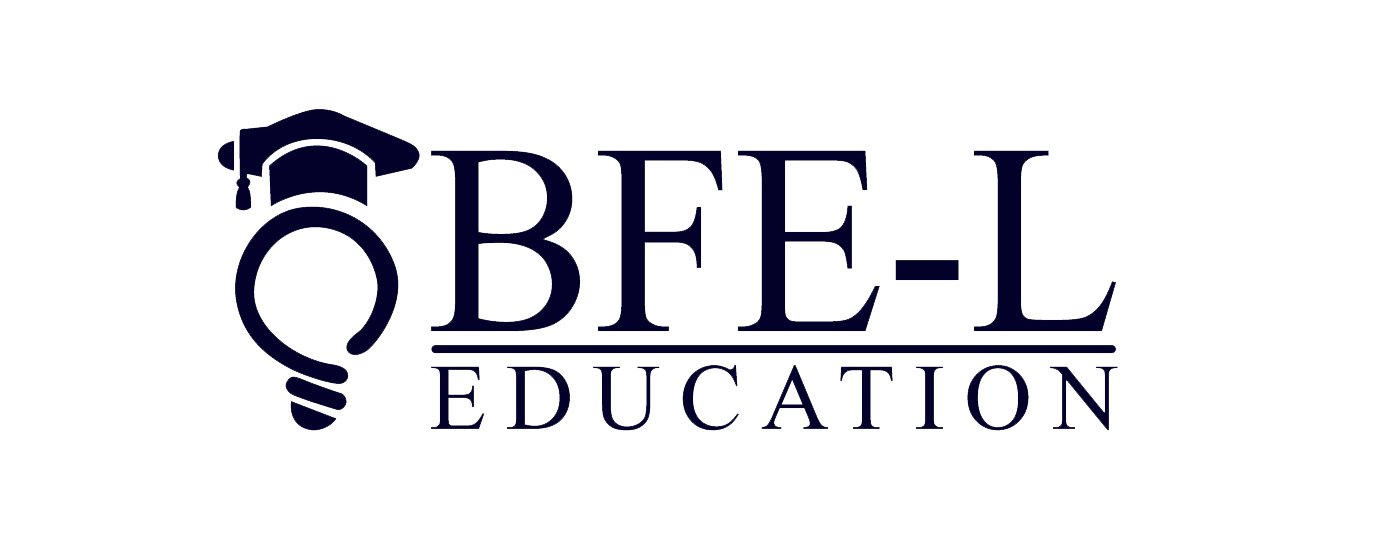Unveiling the Learning Process: The Psychology of How We Learn

Learning is a complex process, and understanding the psychology behind it can enhance your effectiveness as a student. In this blog post, we will delve into the cognitive and psychological factors that influence learning, helping you gain insight into how to optimize your learning experiences.
1. Learning Styles
Everyone has a unique learning style, and recognizing your preferred style can help you tailor your study techniques. There are auditory learners who benefit from listening, visual learners who thrive with images and diagrams, and kinesthetic learners who learn best through hands-on experiences.
2. Memory and Retention
Memory plays a crucial role in learning. Understanding how memory works, including short-term and long-term memory, can help you retain information more effectively. Techniques like spaced repetition and mnemonic devices can aid memory retention.
3. Cognitive Load
Cognitive load refers to the mental effort required to process information. Learning is most effective when the cognitive load is balanced—neither too simple nor too complex. This concept guides instructional design and can help you structure your learning materials.
4. Motivation and Engagement
Motivation is a key driver of learning. Intrinsic motivation, stemming from personal interest and satisfaction, often leads to deeper learning. Find ways to stay engaged and curious about the subjects you’re studying.
5. Self-Regulated Learning
Self-regulated learning involves setting goals, monitoring progress, and making adjustments as needed. By becoming more aware of your learning process and taking responsibility for it, you can become a more effective and independent learner.
6. Metacognition
Metacognition is the ability to think about your thinking. It involves self-awareness and the ability to evaluate your own learning strategies. Developing metacognitive skills can lead to more strategic and effective learning.
7. Learning Barriers
Identify common barriers to learning, such as procrastination, distractions, and negative self-talk. By recognizing these challenges, you can take steps to overcome them and create a more conducive learning environment.
8. Feedback and Assessment
Feedback is essential for learning. Seek constructive feedback on your performance and use it to make improvements. Effective assessment methods can help you gauge your progress and identify areas where you need further study.
9. Emotional Intelligence
Emotions can significantly impact the learning process. Managing stress, anxiety, and frustration is crucial for effective learning. Develop emotional intelligence to handle these emotions constructively.
10. Social Learning
Collaborative learning and social interactions play a valuable role in education. Engaging in discussions, group projects, and peer teaching can enhance your understanding and perspective on a subject.
11. Lifelong Learning Mindset
Adopt a mindset of lifelong learning. The idea that learning is a continuous journey rather than a finite destination can motivate you to seek knowledge and skills throughout your life.
In conclusion, understanding the psychology of learning is essential for maximizing your educational experience. By recognizing your learning style, memory processes, and cognitive factors, you can become a more effective and successful learner, adapting your strategies to meet your individual needs and goals.
